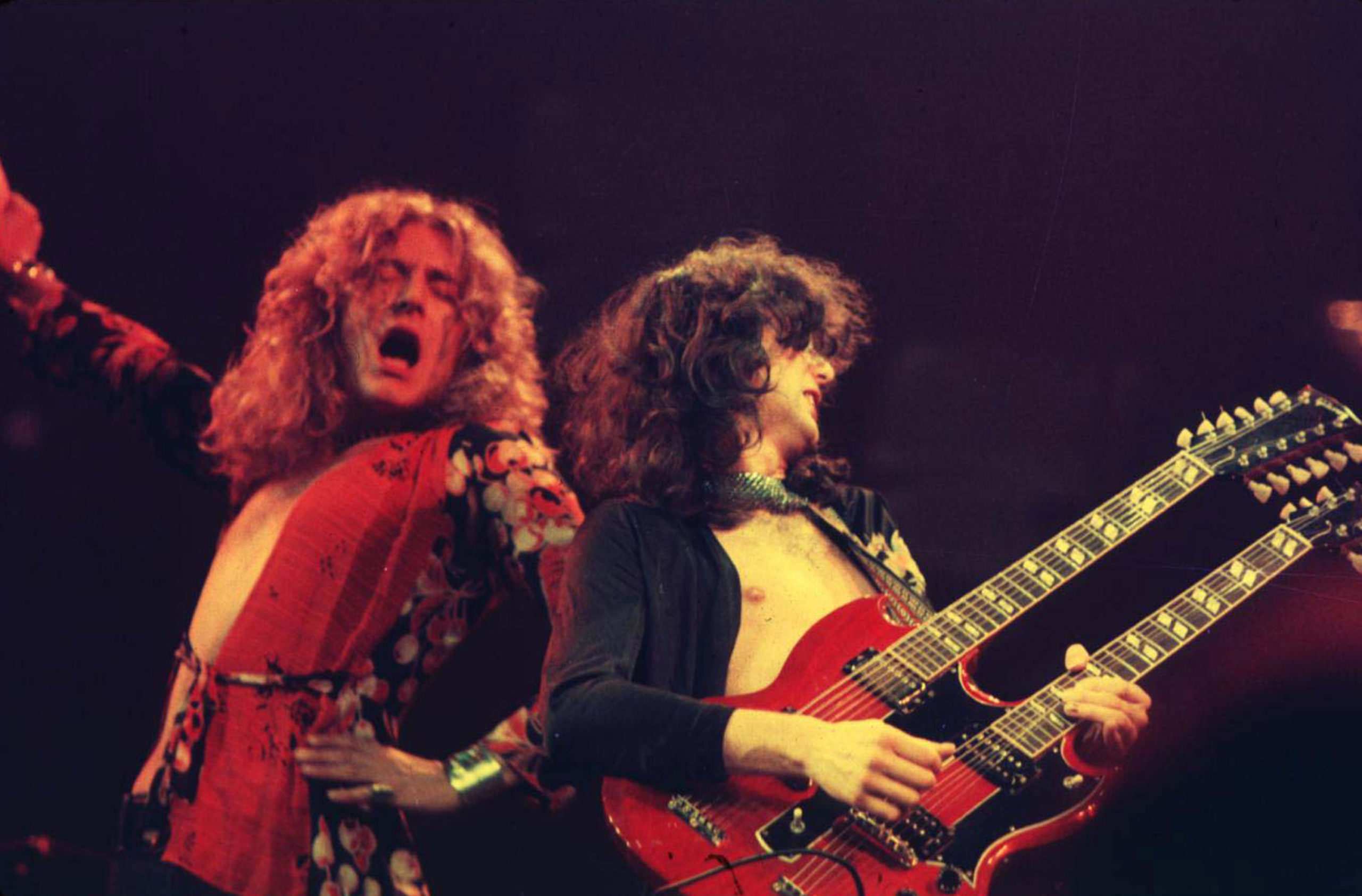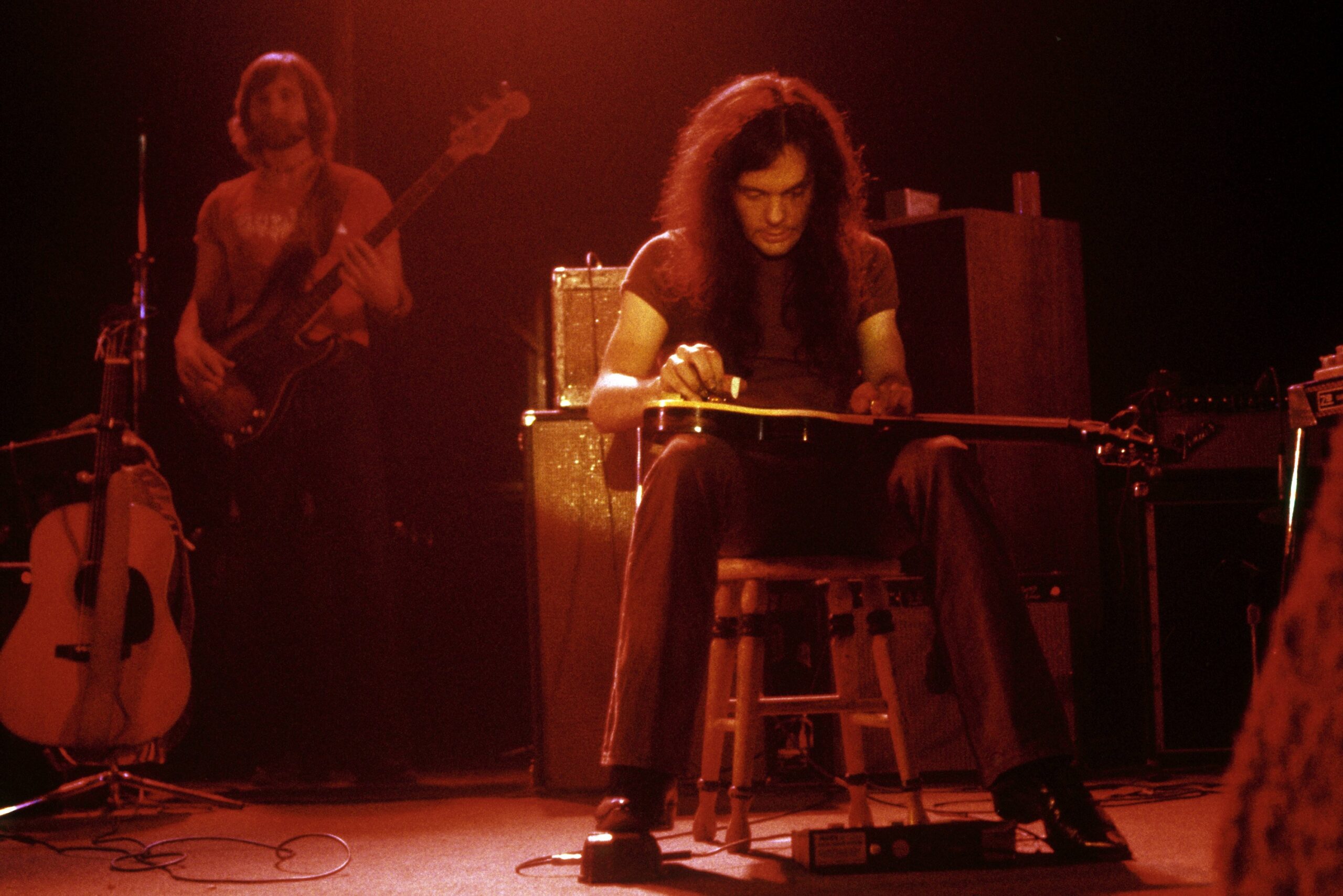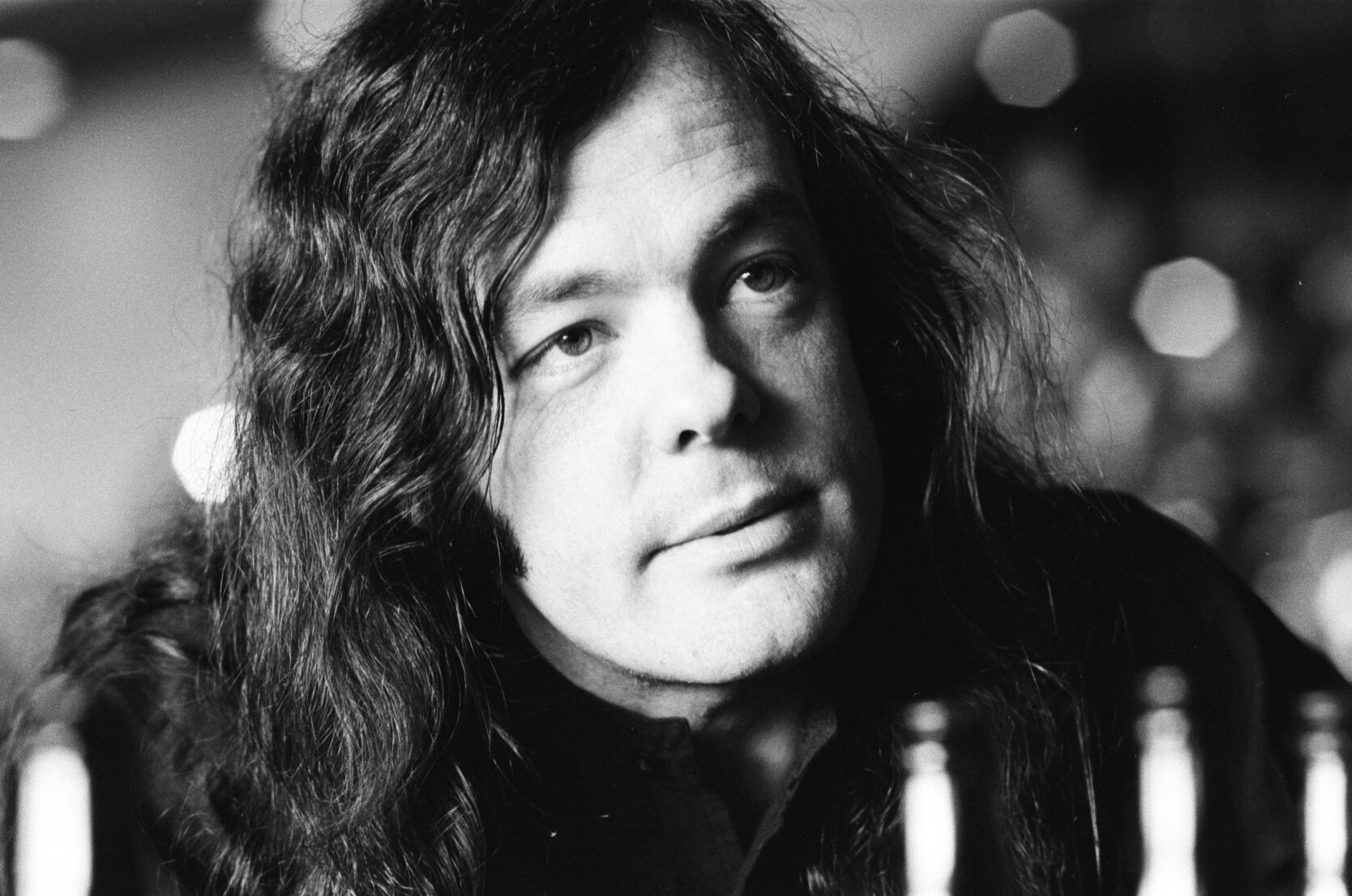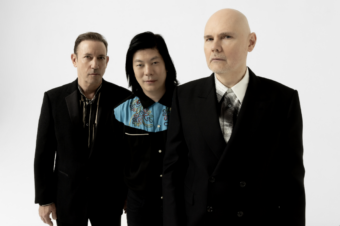Used to bump into David Lindley all kinds of funny places. Capitol Studio B. The International Rose Test Garden in Portland, Oregon. Lurking backstage amidst the cat meat sandwiches on the catering deli platter at Telluride, or at Liberty Lunch in Austin, or in a torrential thunderstorm at Arcosanti, just off the highway in Cordes Junction, Arizona. All kinds of funny places, because Lindley was a funny guy. Won’t be bumping into him anymore.
Lindley was a funny, funny guy. Dressed funny, talked funny, sang funny — thought funny. We talked once about the kids’ TV show somebody needed to produce around and about him: Uncle Dave’s Funny Farm, I think we decided to call it. It would’ve certainly scared the more responsible parents, but kids would’ve loved it, even when some of his rocket-powered jokes shot over their heads, because everything he ever did was funny, and deep, too. Even his whiskers were funny, and that’s not even to mention his pants.
Funny pants, funny shirt, funny voice, funny guy — and a master musician, on the highest level. Nobody sounded like him. When you heard him, you knew instantly who was making the music. Everybody tried to copy the way he played lap steel in those early Jackson Browne days. All that did was ruin the price of pawn shop lap steels. You used to be able to buy Supro and National lap steels covered in gleaming Mother Of Toilet Seat (Lindley was probably the one who invented that term; sounds precisely like him) for $25 and $35 pretty much everywhere. Like his pants, they were long out of fashion. No one wanted ‘em until Lindley made them sing, singing a striking, stunning song right inside another song, his own separate song that stopped those startled songs right in their tracks, and yet fit perfectly, illuminating like a laser. They make brand new lap steels now because of how Lindley played.
Mastery came from eyes and ears that scanned all the whole wide world, and ravenously, long before anybody used that silly term “World Music.” A banjo champion back when that meant you were standing up against the originators of bluegrass, he played fiddle even better, even more uniquely, hanging tough with R&B fiddle master Sugarcane Harris. His psychedelic string band from the ‘60s, Kaleidoscope, playing their own versions of the kinds of music you could only hear on 78s with labels in languages you couldn’t read, served as a backing band for Leonard Cohen’s first album and, on the other hand, cut a single with Johnny “Guitar” Watson. Eclectic is a practice, not a marketing term.

Also Read
The 50 Best Live Albums of the 1970s

Sitting around Studio B at the base of the Capitol Tower at Hollywood and Vine, waiting for The Famous Producer to come back once he finished throwing his tantrum (never came back; somehow we managed without him), it was just raw pleasure to toss out topics all set up for Lindley to scat-sing his surrealism against — Did you know they’re building crazy cheap hollow-neck Weissenborn knock-off guitars in Brazil? Where? Draw me a detailed map…with the guy’s phone number! Can we go tonight when we get done here? What’s it like when you go pick up a custom Dumble amp from the mysterious and elusive Dumble himself at his secret, hidden-away workshop? Can’t tell you — can’t breathe a word. Sworn to secrecy…he’d come in the dark of night and I’d wake up and my amps would be gone and there’d be chicken blood and feathers all over the doorstep.
Improbably, Linda Ronstadt produced his bullet-proof debut solo album, El Rayo-X, unquestionably the funniest funk record ever misfiled under “Folk Music,” and a record that has inspired more TV-commercial soundtrack rip-offs than anything other than Ry Cooder’s soundtrack to Paris, Texas. Cooder and Lindley were naturally unnatural comrades, companions, compatriots, sound-obsessive gearhead-tinkerers, instinctual cultural deep-sea-divers, and about as different as two brothers can be. To have had the privilege of watching Ry Cooder desperately try to tune his guitars pre-show while Lindley ever so helpfully tunes and de-tunes and re-tunes his own bouzoukis and ouds and such while spinning apocryphal fish tales among more roses than you could count…well, it was to gather great insight as to how it must surely have been to be in Thor’s dressing-room backstage at Valhalla when Loki invited himself in to snag a sardine sandwich off the deli tray.
Lindley was off to Madagascar to make music with other masters years before Cooder went buena-venturing to Cuba, but their sensibilities were the same: They were going to hidden away secret spots with the highest respect, but the least reverence. They weren’t collecting butterflies and pinning them to a cork-board. They wanted to hear really great music that was outside their own playbook, then maybe see if they couldn’t play around with it anyway. They’d both sat at the feet of great masters when they were wet-eared, wide-eared kids. They remained wide-eared and wide-eyed as adults, and that was a part of the secret. Lindley was the one with the wild eyes as well, slyly hidden behind all that funny stuff.
What was it that G.E. Smith said onstage at a one-off duo show? “David Lindley! There ain’t nobody else like that. I looked.”




